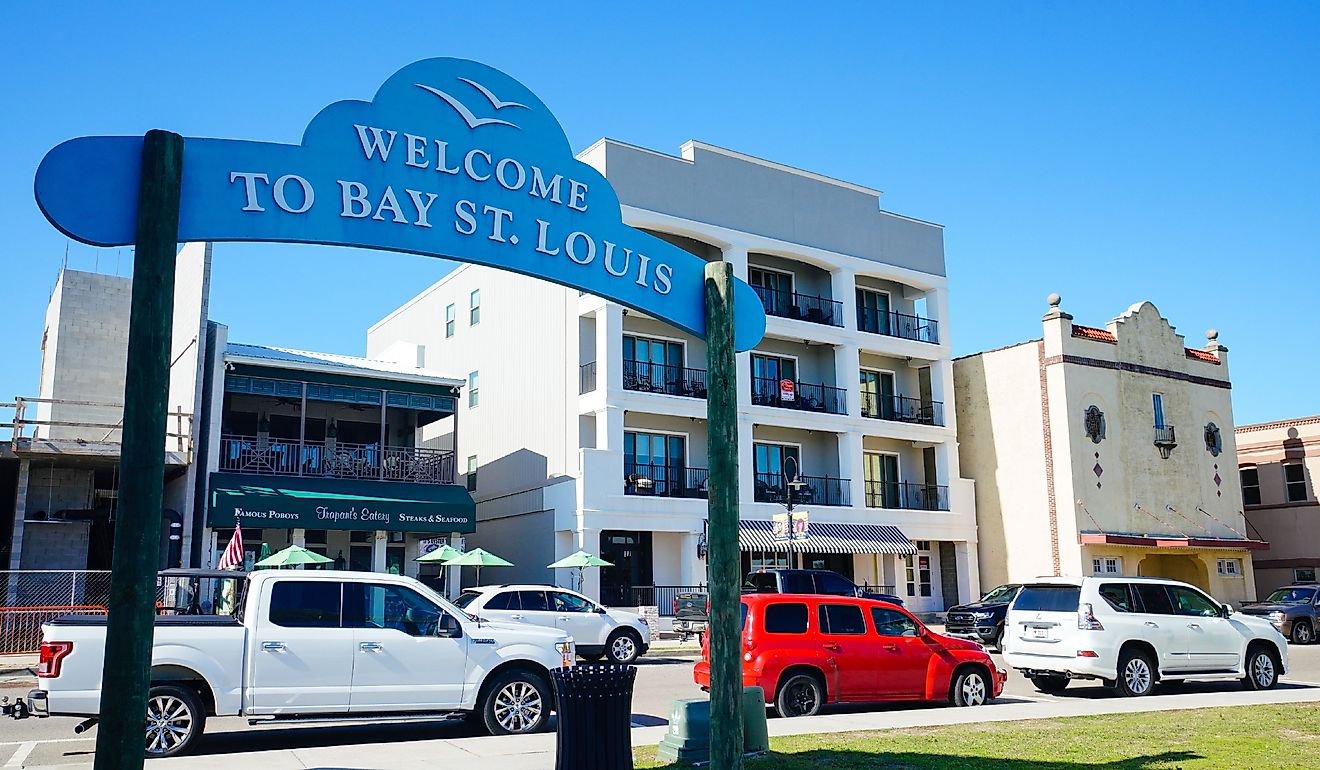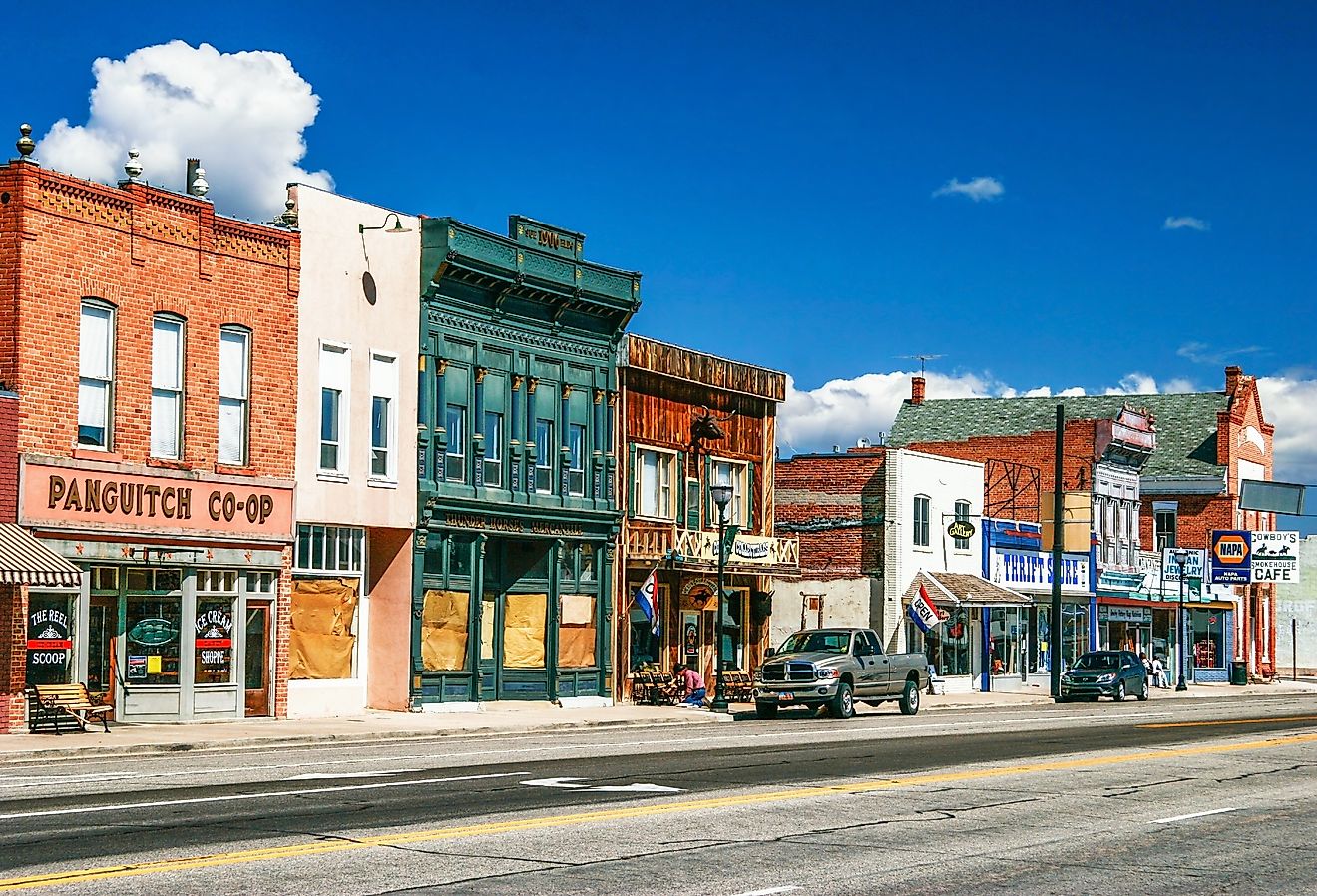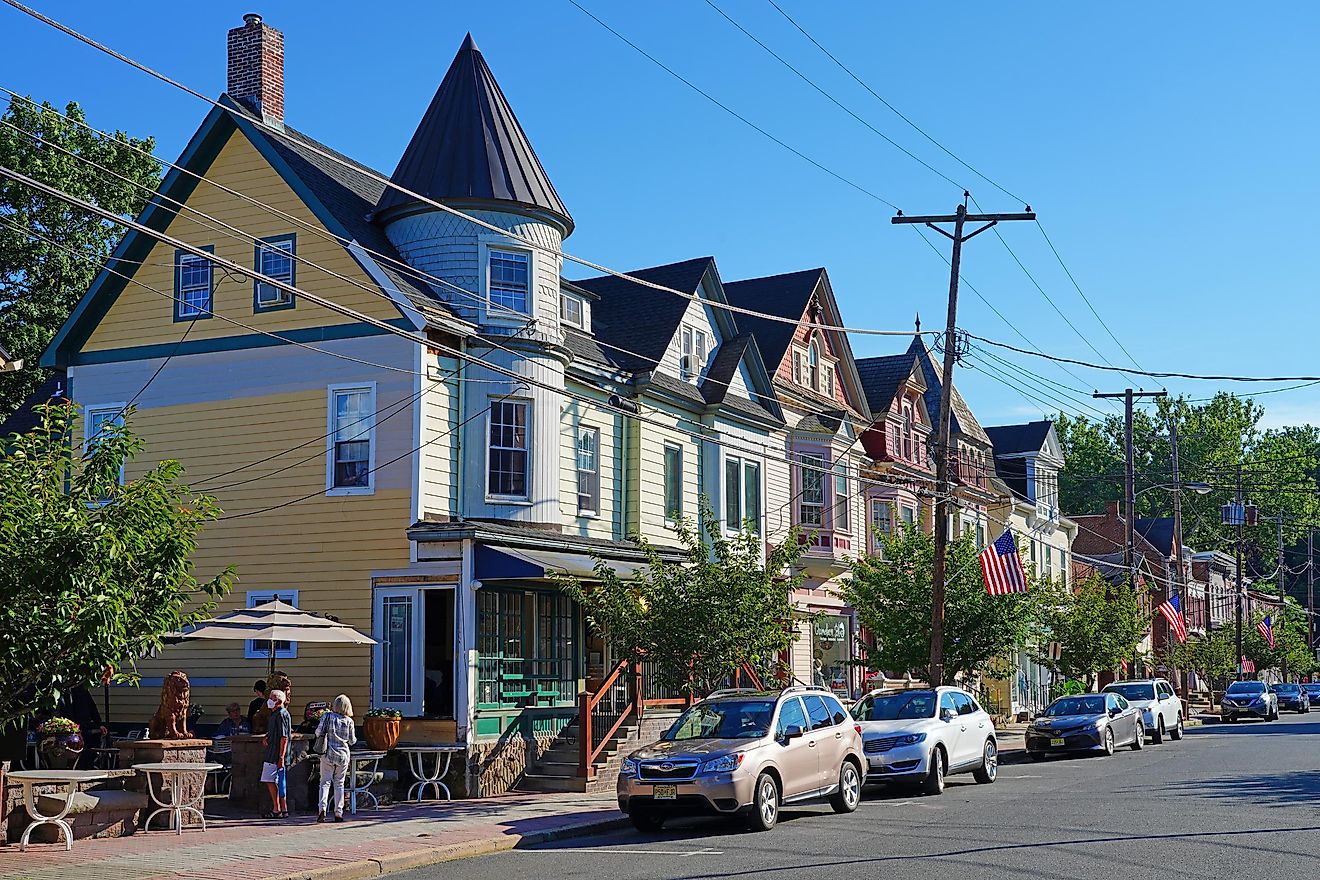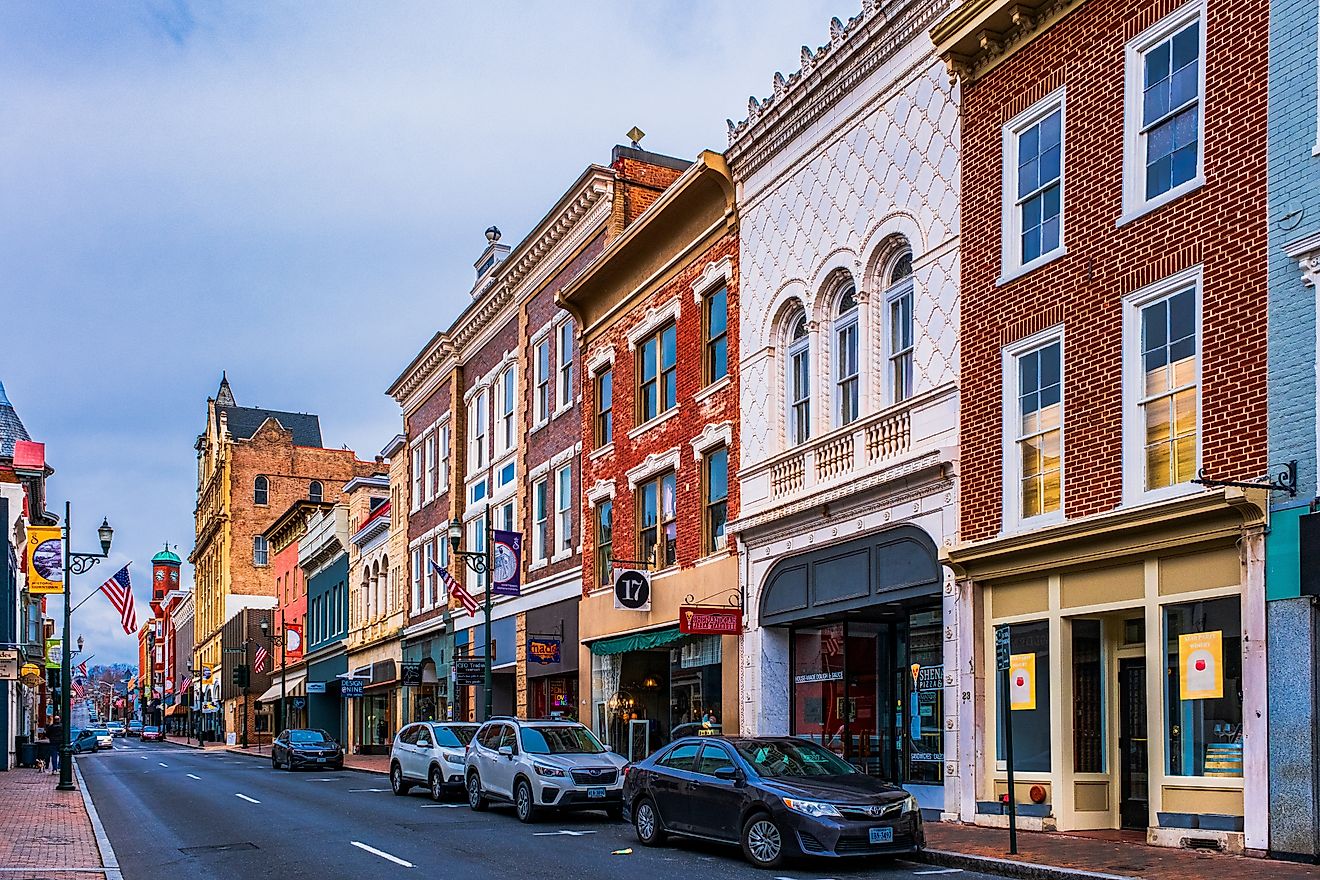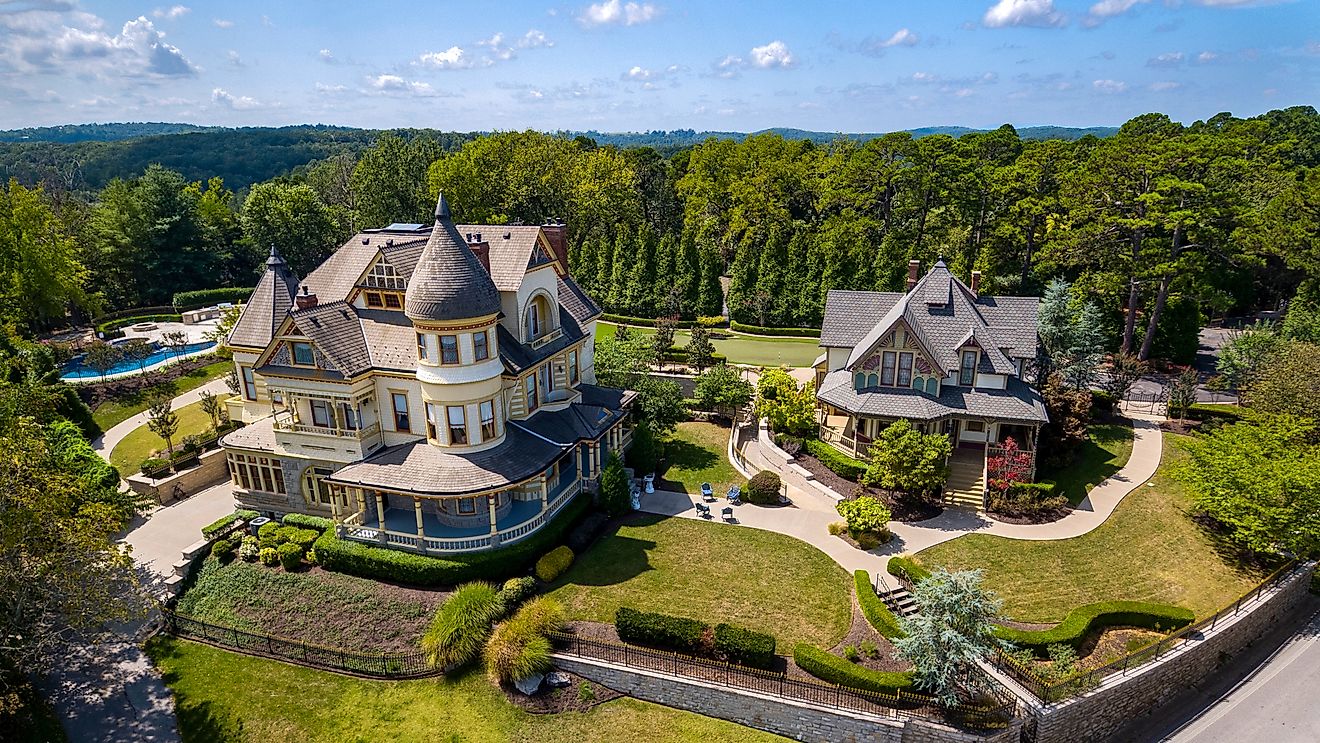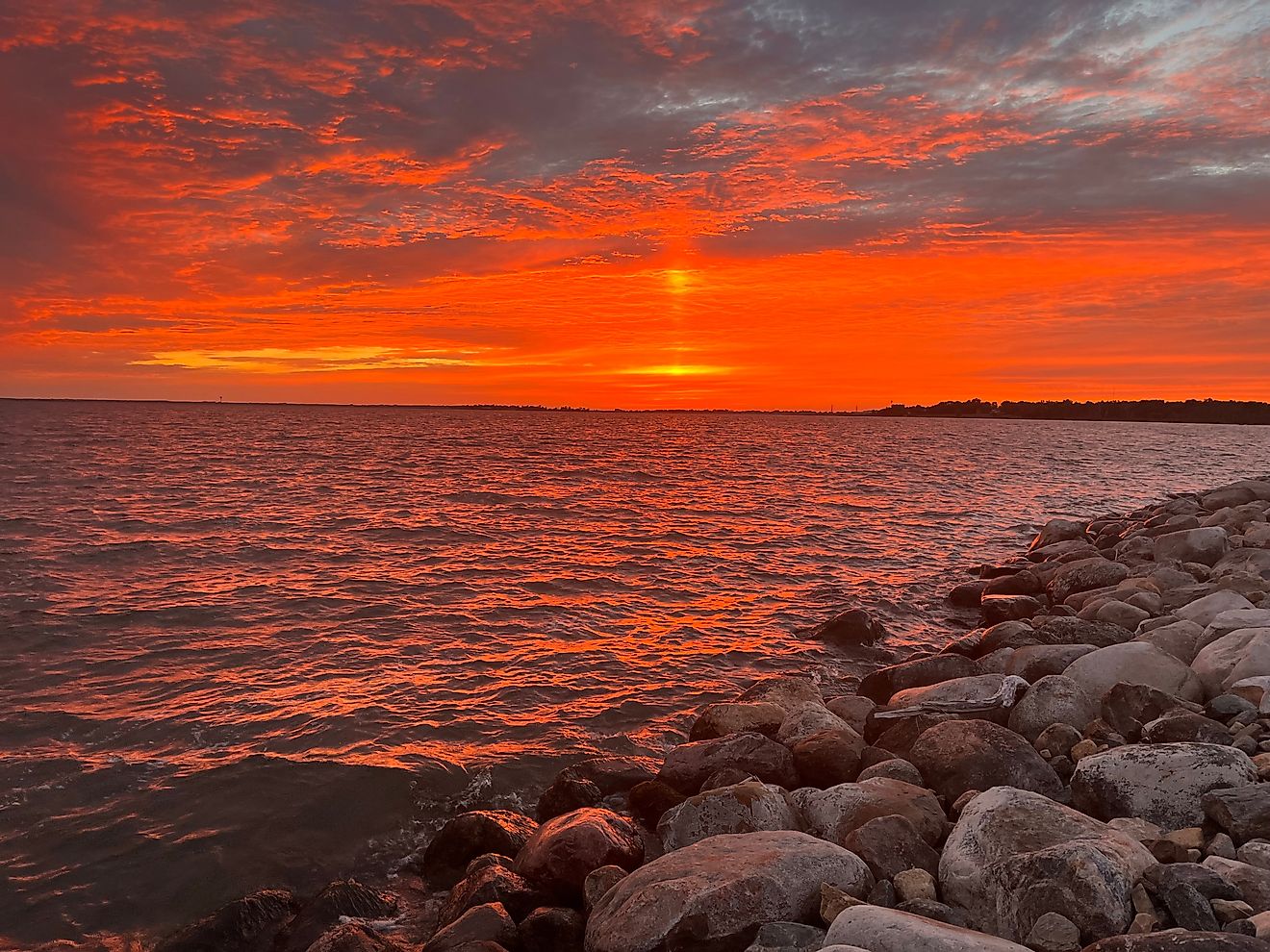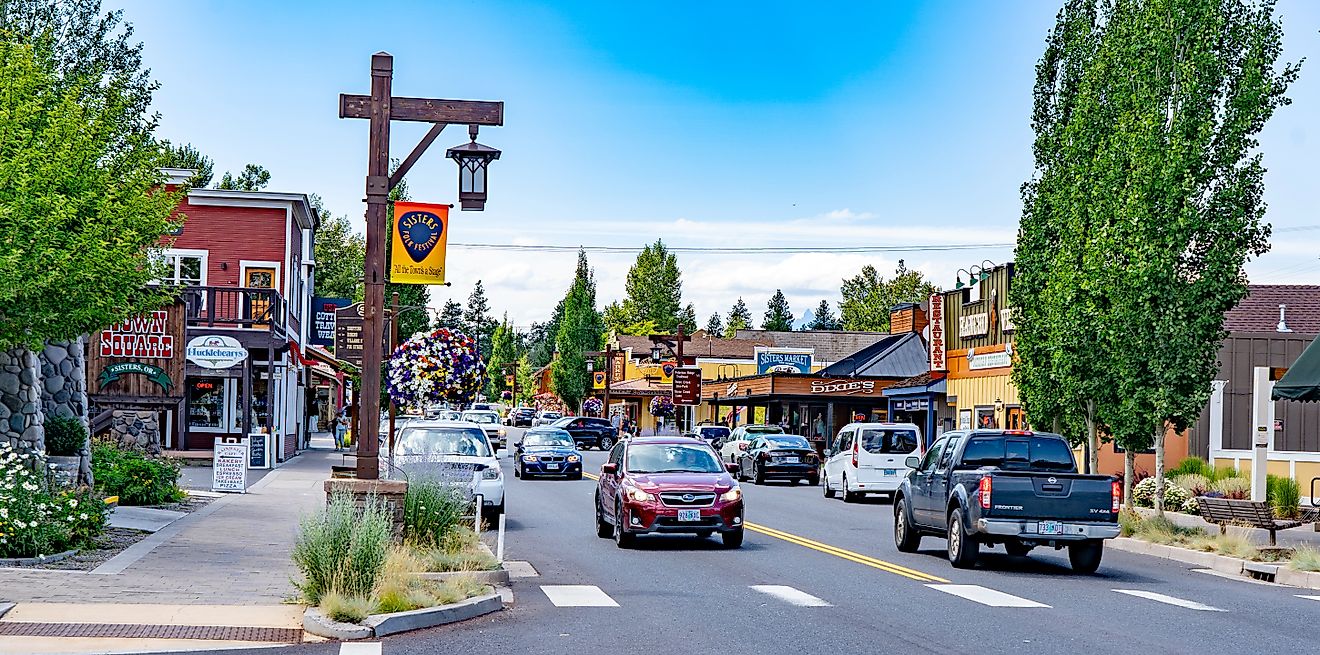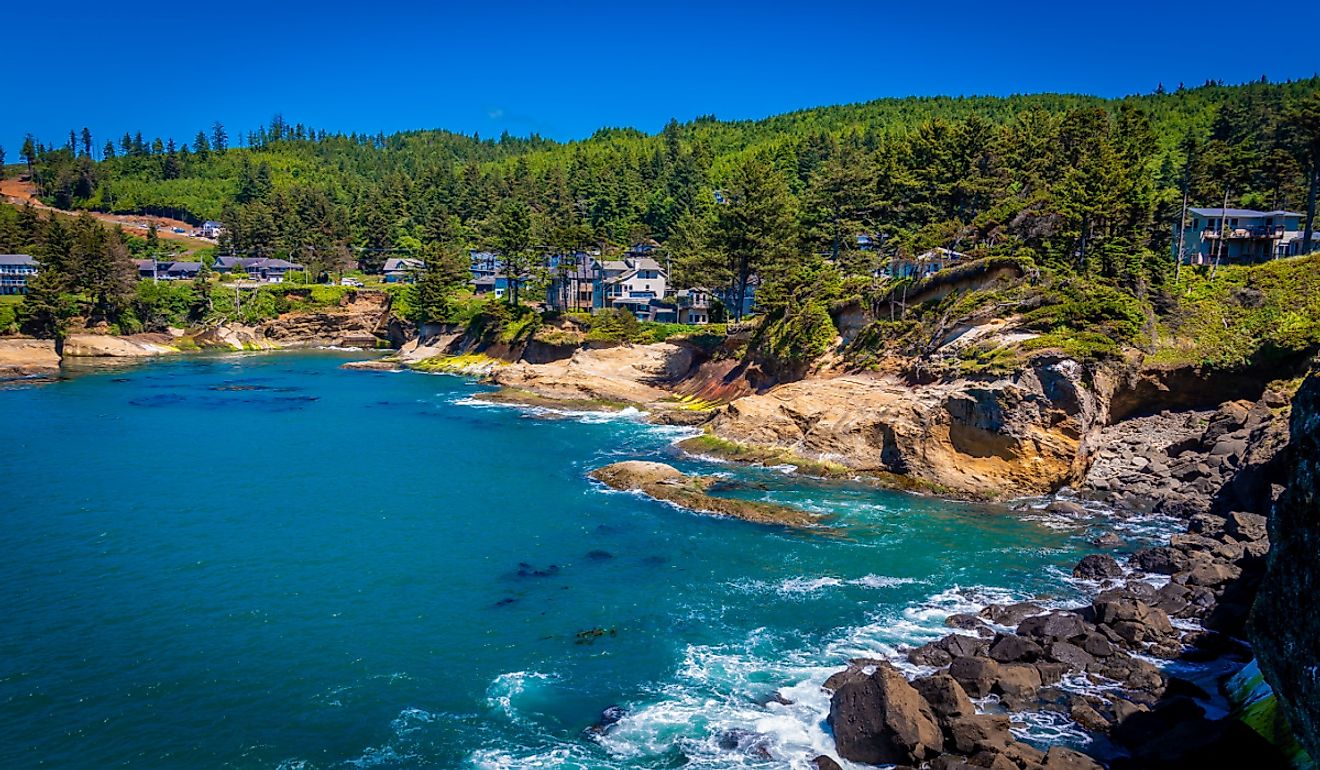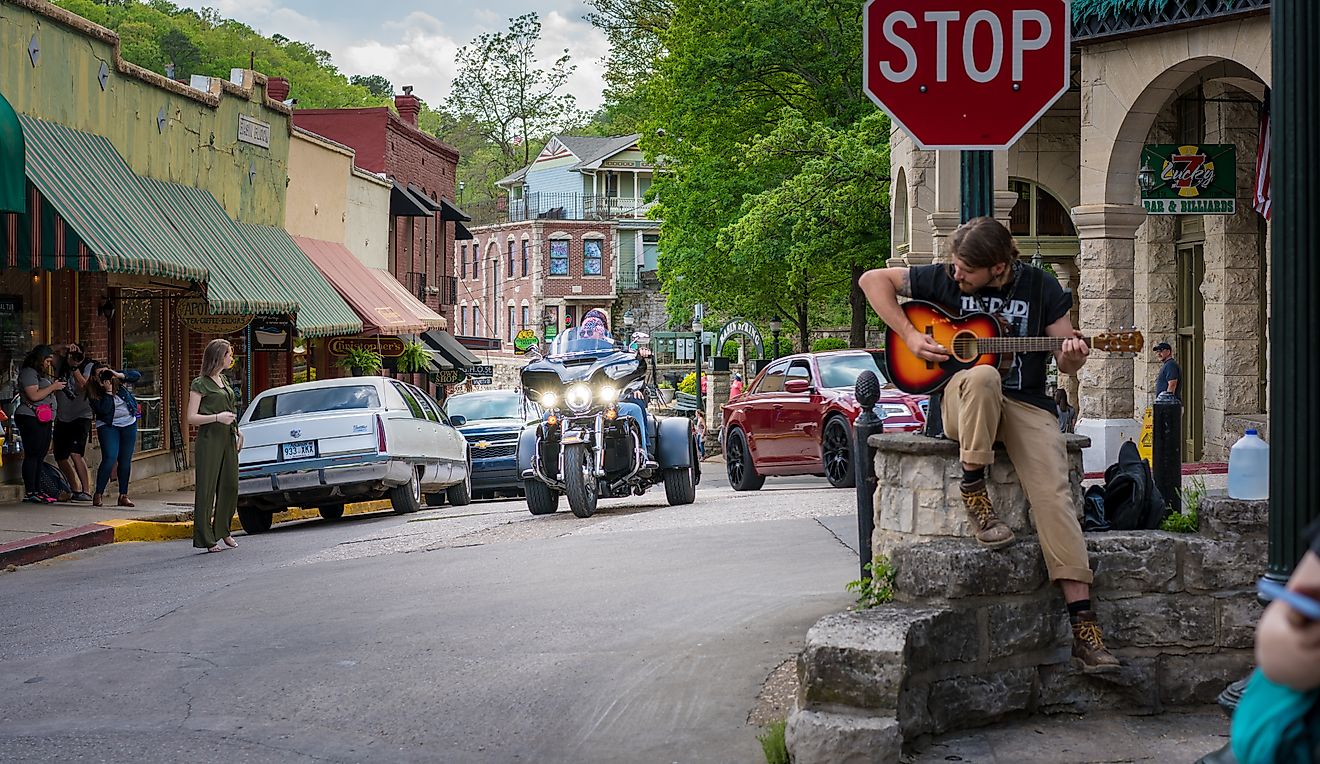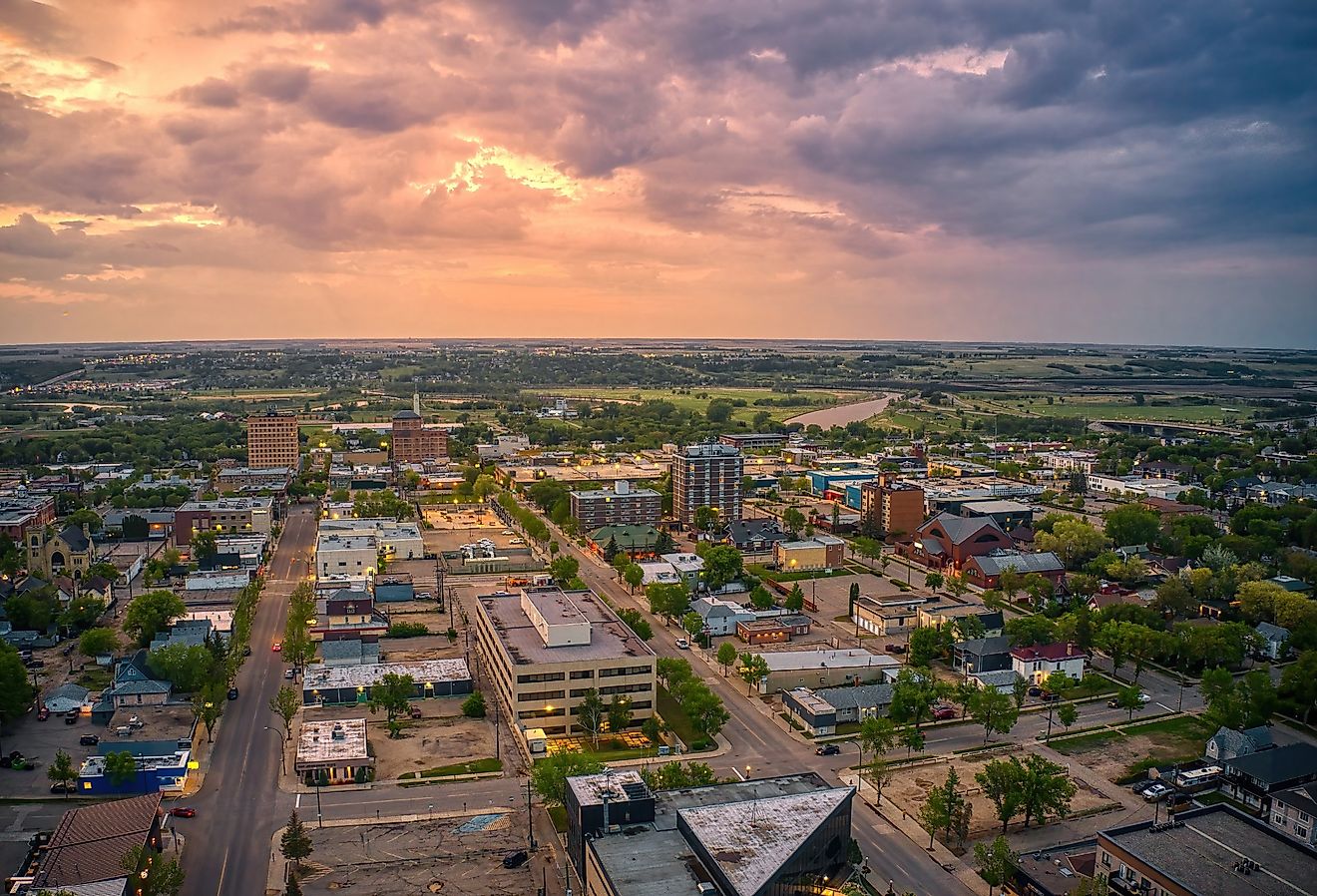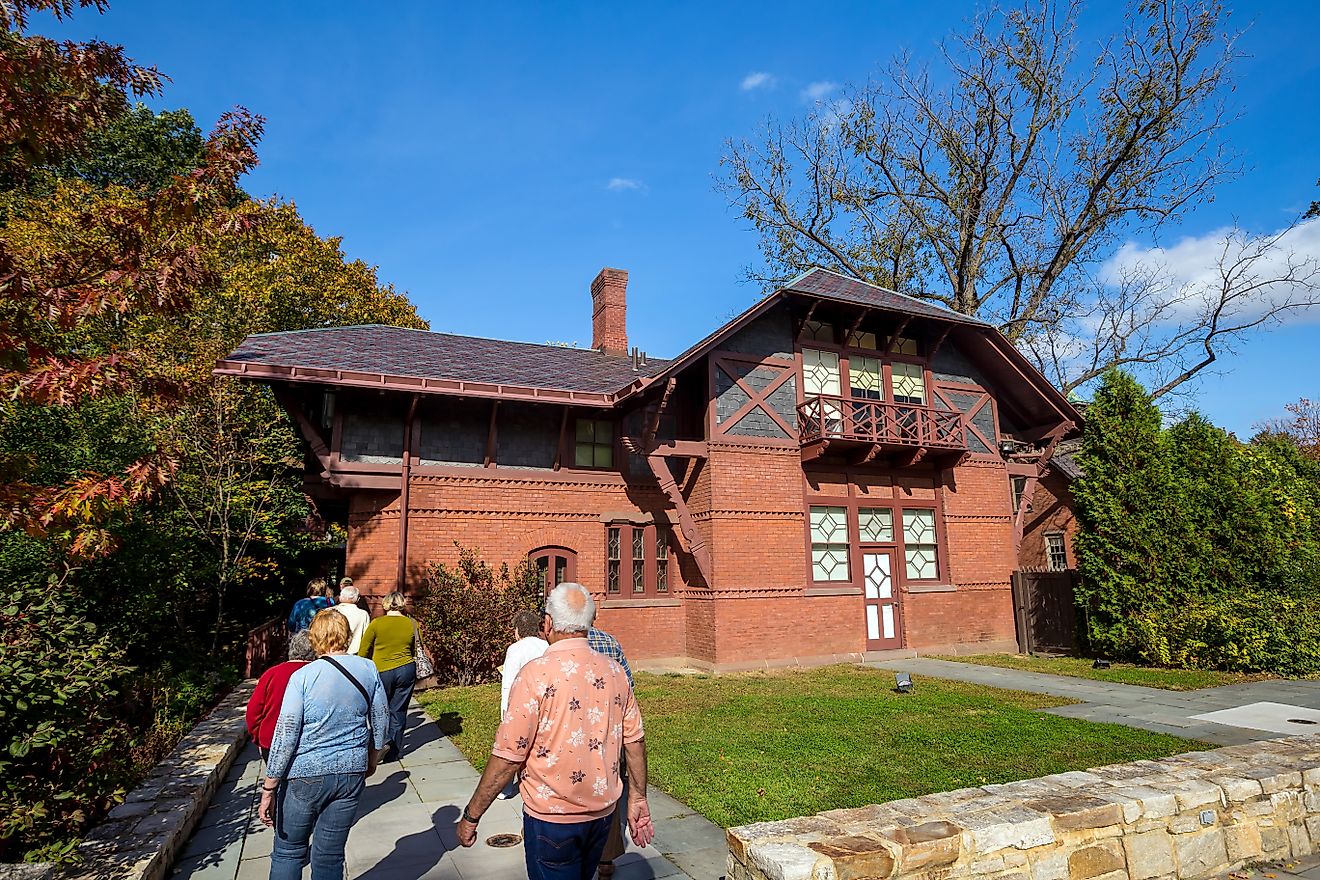
Kansas City, Kansas
Among locals, Kansas City is known as "KCK" so that it is not confused with Kansas City, Missouri, with whom KCK shares a border. Kansas City is a busy metropolis situated at the confluence of the Missouri and Kansas Rivers. In the United States, Kansas City is recognized as one of the host cities for the NASCAR races at the Kansas Speedway. Throughout its history, Kansas City, before it had a name, was acknowledged as the landing point of the Lewis and Clark Expedition at Kaw Point. It's home to the General Motors Fairfax Assembly Plant, which, before the time of assembling the iconic Cadillac, B-52 Mitchell Bombers were manufactured during World War II. Although a big city, Kansas City is a tranquil river town at its heart and full of history.
Geography And Climate Of Kansas City
Kansas City is a large city situated in Wyandotte County in the north-eastern part of the US State of Kansas. The city lies directly north of Overland Park, Kansas, and shares the Kansas-Missouri border with Kansas City, Missouri. The Missouri River makes up the Kansas-Missouri border to the north and northwest of Kansas City before breaking off into the Kansas River. Kansas City lies within the glaciated region of Kansas State. During the Pleistocene era, two glaciers encompassed this area of northeast Kansas. The glaciated region was formed by erosion, creating a slightly hilly landscape with limestone and lose silt loess. One of the glaciers was found near Topeka, Kansas, and through erosion and glacial melting, it created the Kansas River.
Kansas City has a humid continental climate experiencing four seasons in a year with a district muggy summer and snowy winters. Over a year, Kansas City collects 94.8 days of precipitation from rain, hail, and snow. The coldest month is January, with an average low of -6.9 °C, while July is the year's warmest month having an average high temperature of 33.6 °C.
History Of Kansas City
At the confluence of the Kansas and the Missouri River is the landing point for the Lewis and Clark Expedition, called Kaw Point. Much of Kansas was part of the land exchanged between Spain, France, and eventually the United States under the Louisiana Purchase in 1803. In 1804, Thomas Jefferson commissioned the Lewis and Clark Expedition, which saw a group of men explore the newly acquired territory and establish an American presence. The 1850s saw early settlers purchase land around the Kansas River. During this time, Kansas was established as a town, its name a nod to the Kansas Indians. However, the name was changed in 1889 to Kansas City. The founder of Overland Park, William B Strang Jr., would connect the cities of the great Kansas City area through an intercity trolley system. Founding the Missouri and Kansas Interurban Railway, Strang connected Olathe, Kansas, to Kansas City, Missouri. As a result, Kansas City, Kansas, saw an uptick in the population. Although no longer run by diesel and electricity, the trolley cars, better known as streetcars, are still a fascination among tourists today who travel to the Kansas City area.
The Population And Economy Of Kansas City
Kansas City has a population of 152,194 inhabitants. Kansas City is the third-largest city in the state of Kansas, with Overland Park and Wichita ahead of it. It has a population density of 470 people per sq. km. The median household income in Kansas City is $57,202, and the gross monthly rent is $885. On the cost of living index, Kansas City rates at 81.6, whereas the state of Kansas is 83.1. Yet, 19.78% of the population lives below the poverty line.
The unemployment rate is 5.4%, whereas the US unemployment rate is 6.0%. The primary industries that make up Kansas City’s economy are health and social assistance at 12.9% overall, manufacturing at 12.1%, and retail trade at 10.7%. Staying true to its automotive roots, Kansas City is home to the General Motors Fairfax Assembly Plant, which has 2,100 employees. The plant is a 4.9 million square feet facility and is the second Fairfax Plant. The original Fairfax plant was located beside the Fairfax Airport in Kansas City, Kansas, and manufactured bomber planes like the B-52 Mitchell during World War II. The second plant was moved to the new facility that is on the grounds of the old airport. Vehicles that have been assembled here include Pontiac Grand Prix, Chevrolet Malibu, Buick LaCrosse, and, more recently, the Cadillac XT4.
Attractions In Kansas City
Wyandotte County Lake Park

Wyandotte County Lake Park can be found in the northwest region of Kansas City. It's a 1,500-acre green space, lake, and marina. Some features are a boat rental and concession stand, playground, off-leash dog area, archery area, children's fishing pond, and hiking path. The Wyandotte County Lake Park is also home to the F.L Schlagle Library and Environmental Center.
Kansas Speedway

Kansas Speedway is a 72,000-seat outdoor facility that hosts NASCAR events such as the Camping Truck Series, Xfinity, and the Cup series. The facility is also used for other events, although NASCAR is its largest attraction. The speedway offers onsite camping, either by RV or in addition to race day events held on the track. The NASCAR races visit Kansas City twice within a racing season spanning from February to early November.
Being an interconnected city with Overland Park, Olathe, and Kansas City, Missouri, there is always something intriguing happening around Kansas City. Each year, thousands of NASCAR fans from across the states and worldwide attend the races at Kansas Speedway. With many green spaces offering fishing, hiking, and boating, there is much to do for the outdoor enthusiast or on weekend afternoons with the family. One city among many, Kansas City offers quiet living with all the big city appeal.
